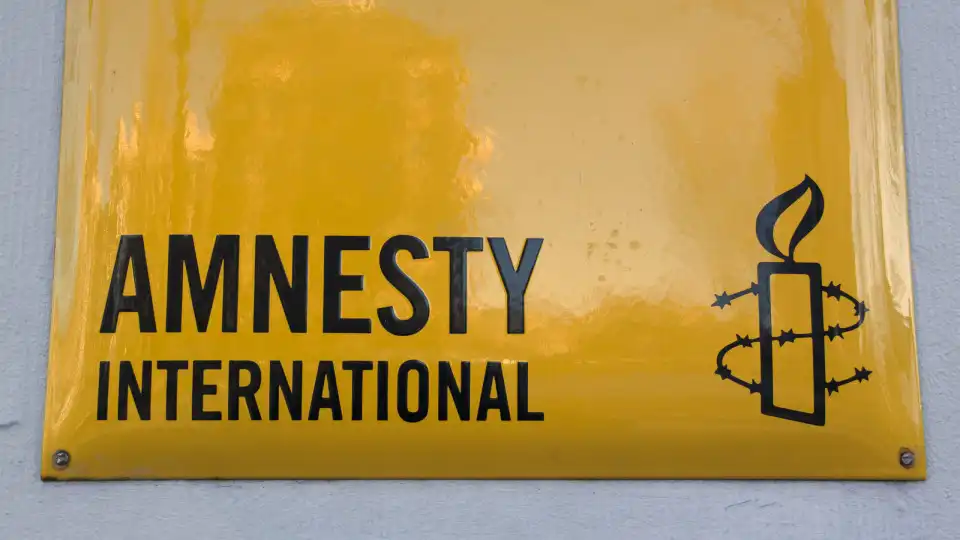Turkish drone strikes in Somalia may amount to ‘war crimes’
Amnesty International (AI) said today that two strikes that killed 23 civilians, including 14 children, during Turkish drone-backed military operations in Somalia on March 18 should be investigated as “war crimes”.

© ShutterStock

Mundo Aministia Internacional
According to a statement by the non-governmental organization (NGO), the civilian death toll includes 14 children, five women, and four men, while 17 other civilians – 11 children, two women, and four men – were injured in the attacks carried out with MAM-L glide bombs, which are launched from TB-2 drones, both manufactured by Turkey.
Tigere Chagutah, Amnesty International’s Regional Director for East and Southern Africa, said in the NGO’s statement that “the governments of Somalia and Turkey must investigate these deadly strikes as war crimes and end reckless attacks on civilians.”
“Civilians in Somalia have too often borne the brunt of the conflict. These killings cannot be swept under the carpet. Survivors and their families deserve truth, justice and reparations,” the activist added.
All the victims of the two airstrikes were from the marginalized Gorgaarte clan, part of the larger Jareer community.
The attacks hit a farm west of the village of Bagdad, in the Lower Shabelle region.
According to 12 testimonies from victims, relatives and residents gathered by Amnesty International, the drone strikes followed heavy ground fighting that day between the al-Shabab armed group and Somali security forces near the villages of Jambaluul and Bagdad.
On 19 March, the Somali Ministry of Information announced in a statement that more than 30 al-Shabab militants had been killed in the villages of Bagdad and Baldooska, as a result of a joint operation between the Somali armed forces and “international partners”.
“The operation was launched after intelligence reports indicated that al-Shabab fighters were gathering in these areas and were planning to conduct an attack on the Somali people… 15 al-Shabab members were killed in an airstrike in the vicinity of Bagdad,” the statement added.
Amnesty International researchers analyzed satellite imagery and medical reports, examined photographs of victims and weapon remnants, and geolocated videos from the strike site and of Turkish drone operations at Mogadishu International Airport, which allowed them to determine the weapons used in the airstrike.
However, the organization was unable to establish whether Turkish or Somali forces were in command of the TB-2 drones at the time of the attacks.
A Somali government source told Amnesty International that members of the National Intelligence and Security Agency fly the TB-2s during operations, but in 2022 the UN Panel of Experts on Somalia reported that, according to the Turkish government, Turkey had not transferred the drones to Somalia – which would have violated the UN arms embargo – and that it operates the drones itself “in the fight against terrorism”.
Also in 2022, Ahmed Malim Fiqi – then Somalia’s interior minister and currently its foreign minister – said that while Turkish forces operate the drones, Somali commanders provide the targets.
Amnesty International stressed in its statement that “attacks which fail to distinguish between military objectives and civilian objects are indiscriminate and may amount to war crimes.”
The NGO sent letters to the governments of Somalia and Turkey requesting details about the 18 March operation, including which military forces were in control of the drones at the time of the attacks, but has not received any response.
Amnesty International also wrote to the US Africa Command (AFRICOM), which has carried out “multiple airstrikes” in the country, killing Somali civilians, asking whether its forces were involved in the 18 March operation, but has not received a response.
“The Somali government has a long history of failing to provide reparations to civilian victims of military operations, or to seek reparations from foreign actors when they have been involved in unlawful attacks,” Amnesty International said in its statement.
“It also has a history of neglecting abuses against marginalized communities, such as the Gorgaarte clan,” it added.
Read Also: UN highlights Somali media coverage of climate challenges (Portuguese version)


Descarregue a nossa App gratuita.
Oitavo ano consecutivo Escolha do Consumidor para Imprensa Online e eleito o produto do ano 2024.
* Estudo da e Netsonda, nov. e dez. 2023 produtodoano- pt.com



